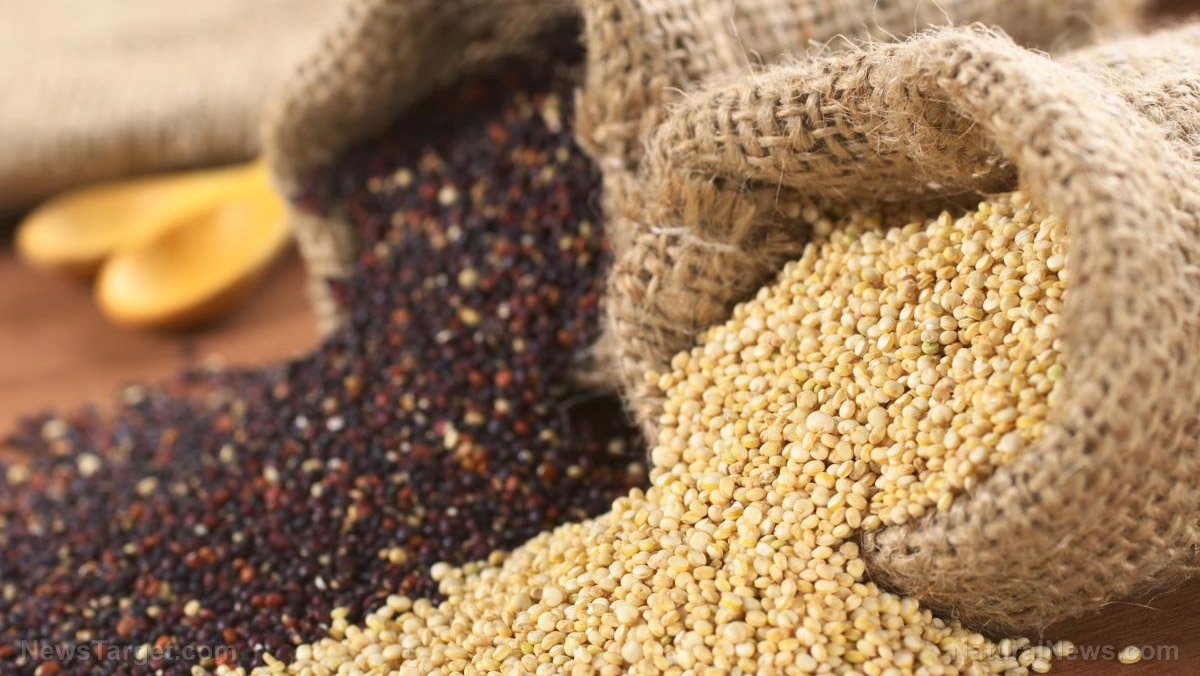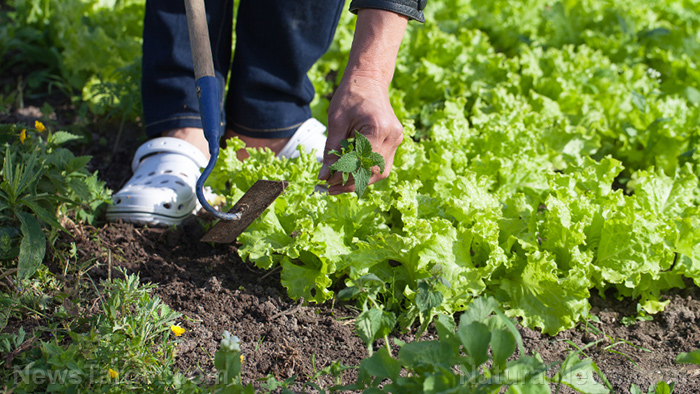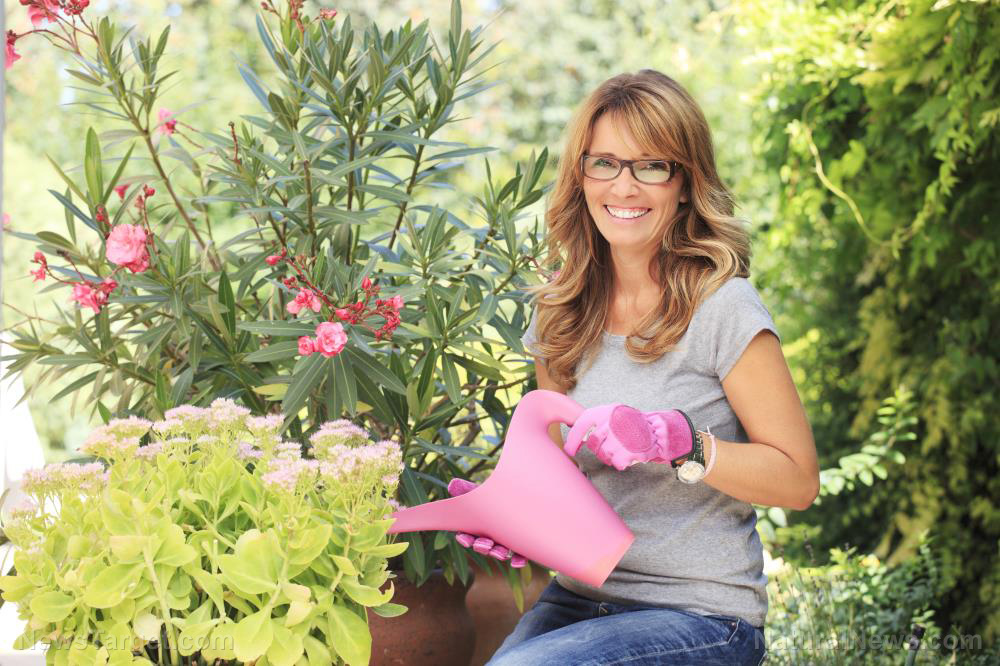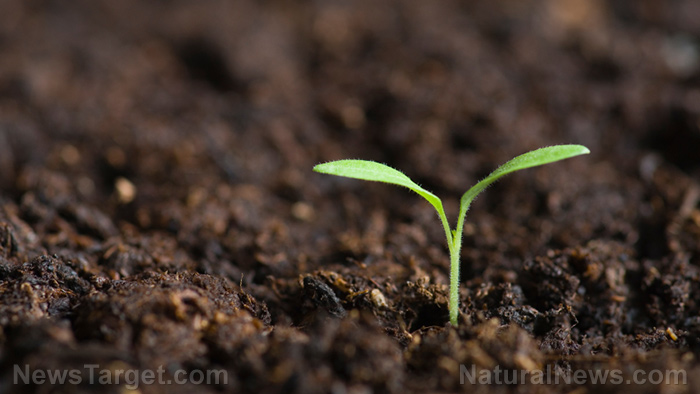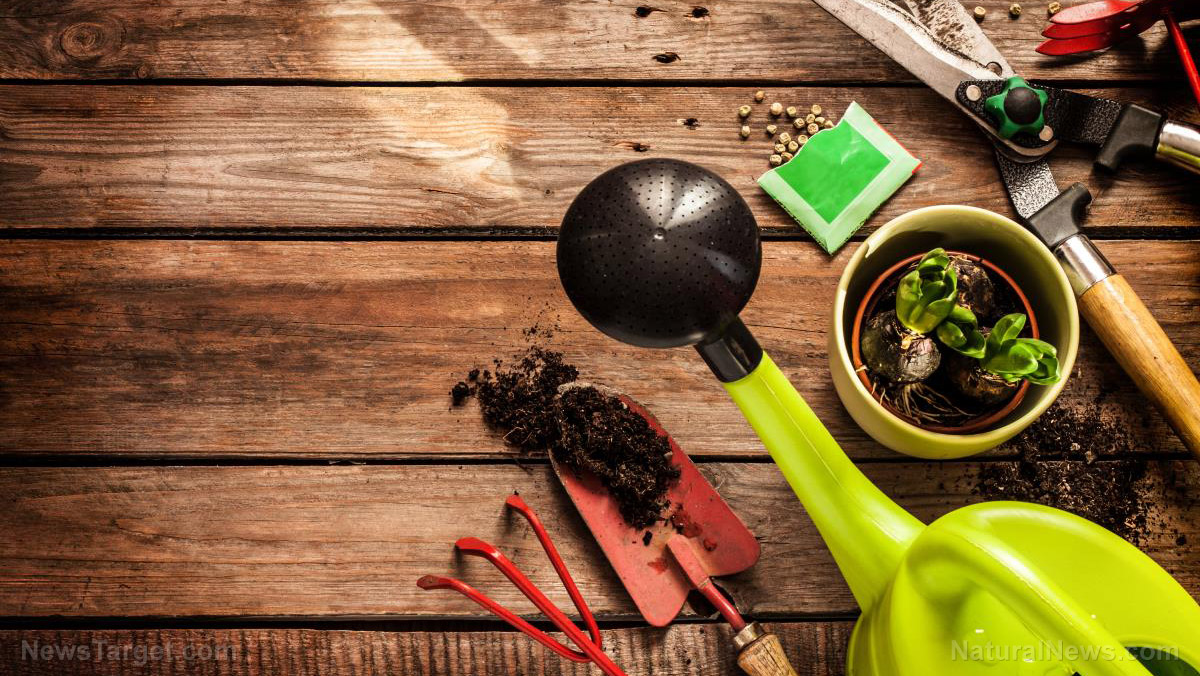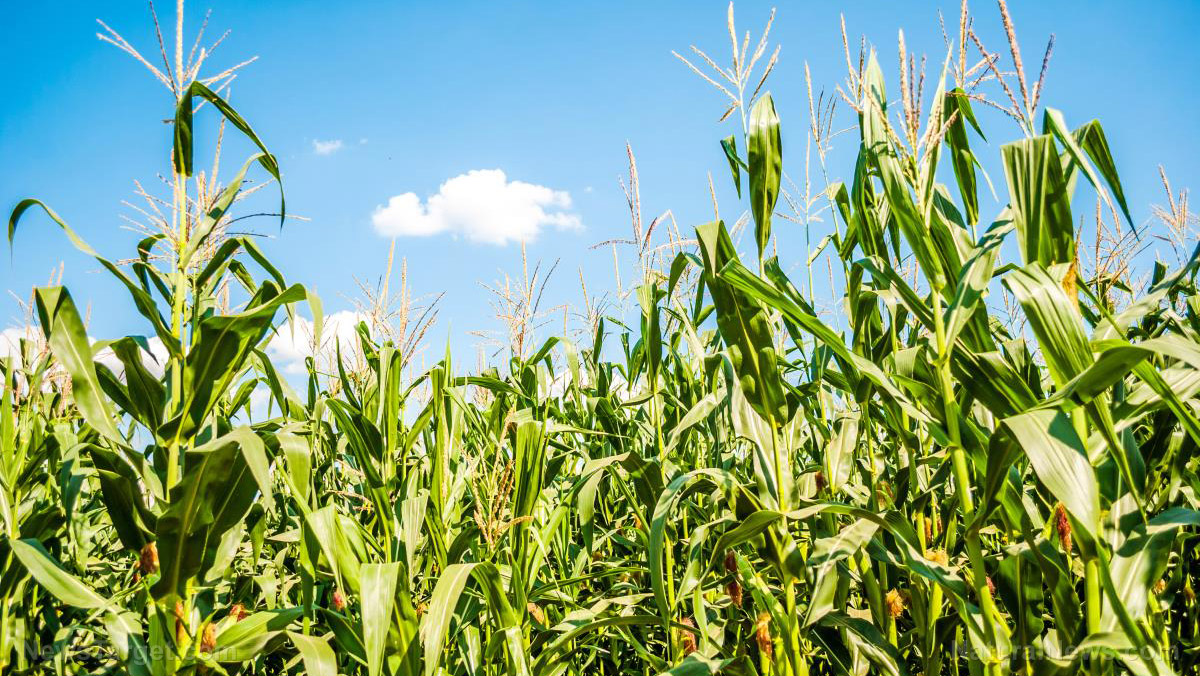Fruits, nuts, and seeds: The 10 healthiest salad toppings
04/15/2019 / By Mary Miller
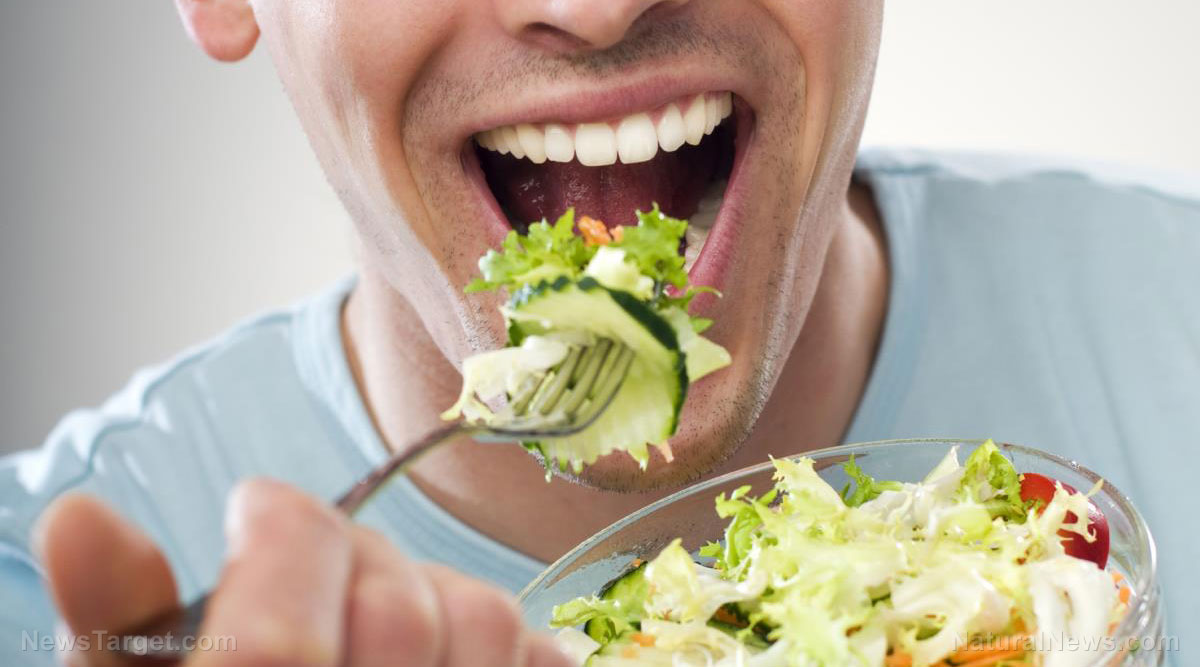
There’s nothing like munching on a fresh bowl of green veggies for a nutritious and delicious meal. However, not all salads are created equal. Having unhealthy toppings on your salad, for one, could undermine the potential health benefits you would otherwise gain. For a healthy and well-balanced meal, try switching to these 10 salad toppings for optimal health.
Nuts
Nuts are healthy snacks that you can easily add to your salad. Ideally, you should look for dry-roasted and raw varieties that don’t have any added salt, sugar, or preservatives. If you want to give your salad some extra crunch, almonds make a great alternative for croutons. Other recommended nuts include pistachios, walnuts, and peanuts. (Related: Eat More Salads, Then You Can Build Strong Bones.)
Seeds
Whether raw or roasted, seeds can give your salad a serious nutrient bump. Both hemp and pumpkin seeds can provide an excellent source of protein. The vitamins and minerals in pumpkin seeds may even possess therapeutic properties that can relieve anxiety. Sunflower seeds are loaded with potent antioxidants and healthy fats.
Olives
Olives are packed with healthy fats. You can get a little over two grams of monounsaturated fat in a single ounce of olives. According to research, the moderate consumption of monounsaturated fat is linked to a decreased risk of heart disease and reduced cholesterol levels.
Avocados
Ranch and other commercial salad dressings are often full of calories, sodium, and added sugar. If you want to get the same creamy texture of salad dressing without any of the unhealthy additives, try making some guacamole with some mashed avocados, onions, garlic, and lime juice. You can even add some avocado slices directly on top of your salad. Avocados can provide a heaping dose of monounsaturated fat, fiber, potassium, folate, and vitamins A and K.
Tofu
Looking for a great source of plant-based protein? Half a cup of organic tofu can provide around 20 grams of protein. Aside from protein, tofu also contains plenty of folate, vitamin K, and other nutrients.
Beans and legumes
You can further supplement your protein intake by adding beans and legumes to your salad. Some ideal legumes you can use include black beans, kidney beans, and garbanzo beans. You can get a little over 15 grams of protein with just a single cup of cooked black beans or kidney beans. Garbanzo beans can improve your bone, gut, and heart health. They can even improve your sleep and memory.
Hard-boiled eggs
Eggs can make nutritious toppings for your salad, but how you cook them makes all the difference in how healthy they can be for you. Hard-boiled eggs are far healthier than fried eggs since they don’t have any added salt or oil. Instead, they are chocked full of over 15 different vitamins and minerals.
Seafood
Fatty fish, such as salmon, cod, halibut, and sardines are some of the best sources of omega-3 fatty acids. According to research, the regular consumption of fatty fish can support the healthy functions of your heart and brain. You can also enhance your salad’s flavor and nutrition content by including some shrimp and lobster. For the healthiest seafood toppings, you can bake, broil, or grill your seafood.
Cheese
Calcium is important for the growth of strong and healthy bones. Adding soft cheeses and shredded hard cheeses to your salad is a great way to boost your calcium intake. Some shredded hard cheeses you can use include cheddar, gouda, parmesan, and manchego. You can also use soft cheeses, such as mozzarella, feta, ricotta, burrata, and bleu cheese.
Dried fruits
Add a touch of sweetness to your salad with a few pieces of your favorite dried fruits. Dried cranberries, apricots, mangoes, and raisins make wonderful salad toppings.
Sources include:
Tagged Under: avocados, beans and legumes, cheese, dried fruits, food as medicine, food cures, functional food, good nutrition, grocery cures, hard-boiled eggs, nuts, Olives, salad toppings, salads, seeds, tofu, vegetables

